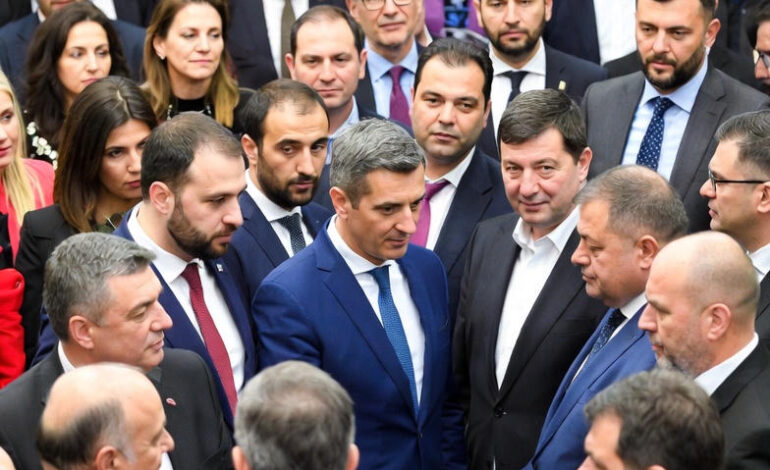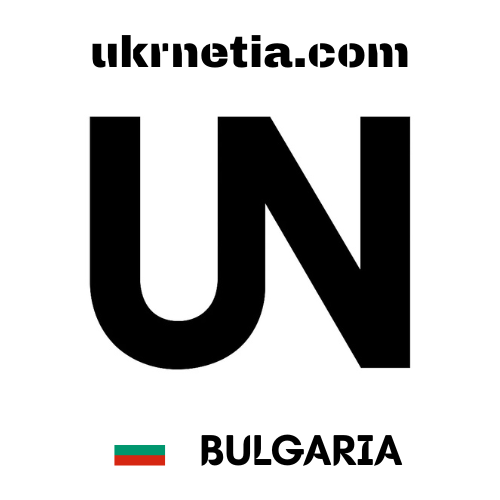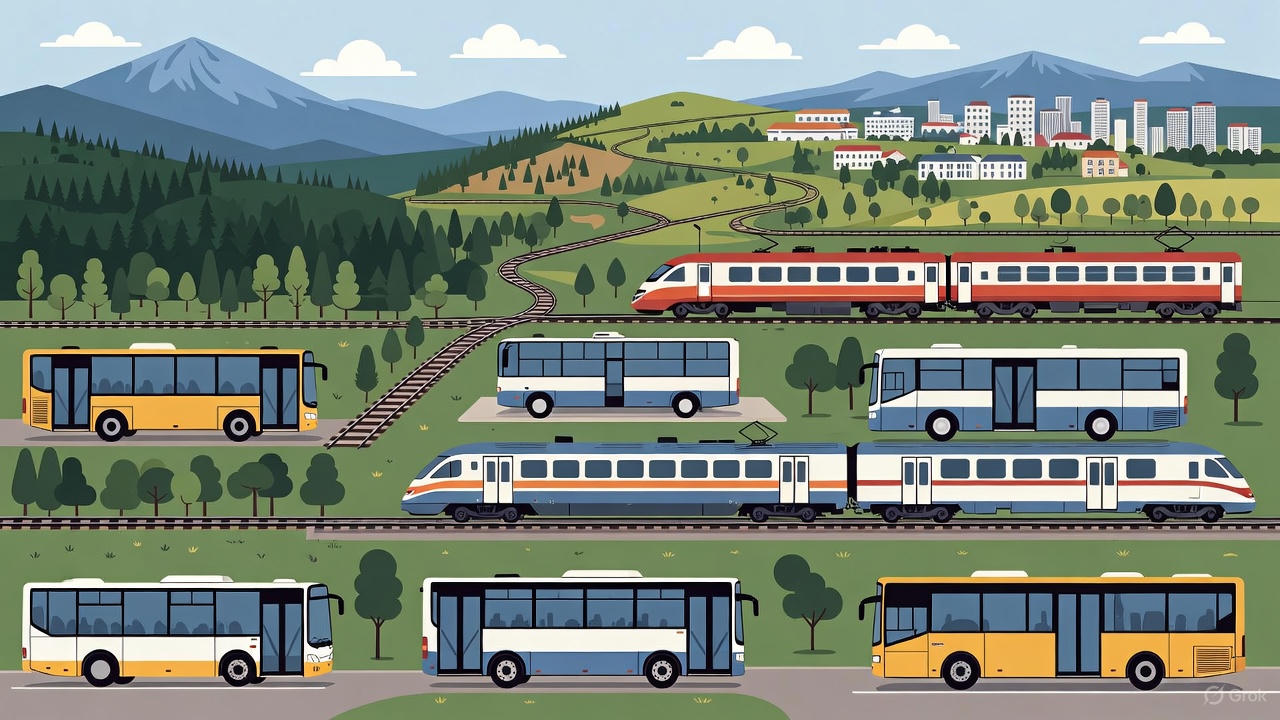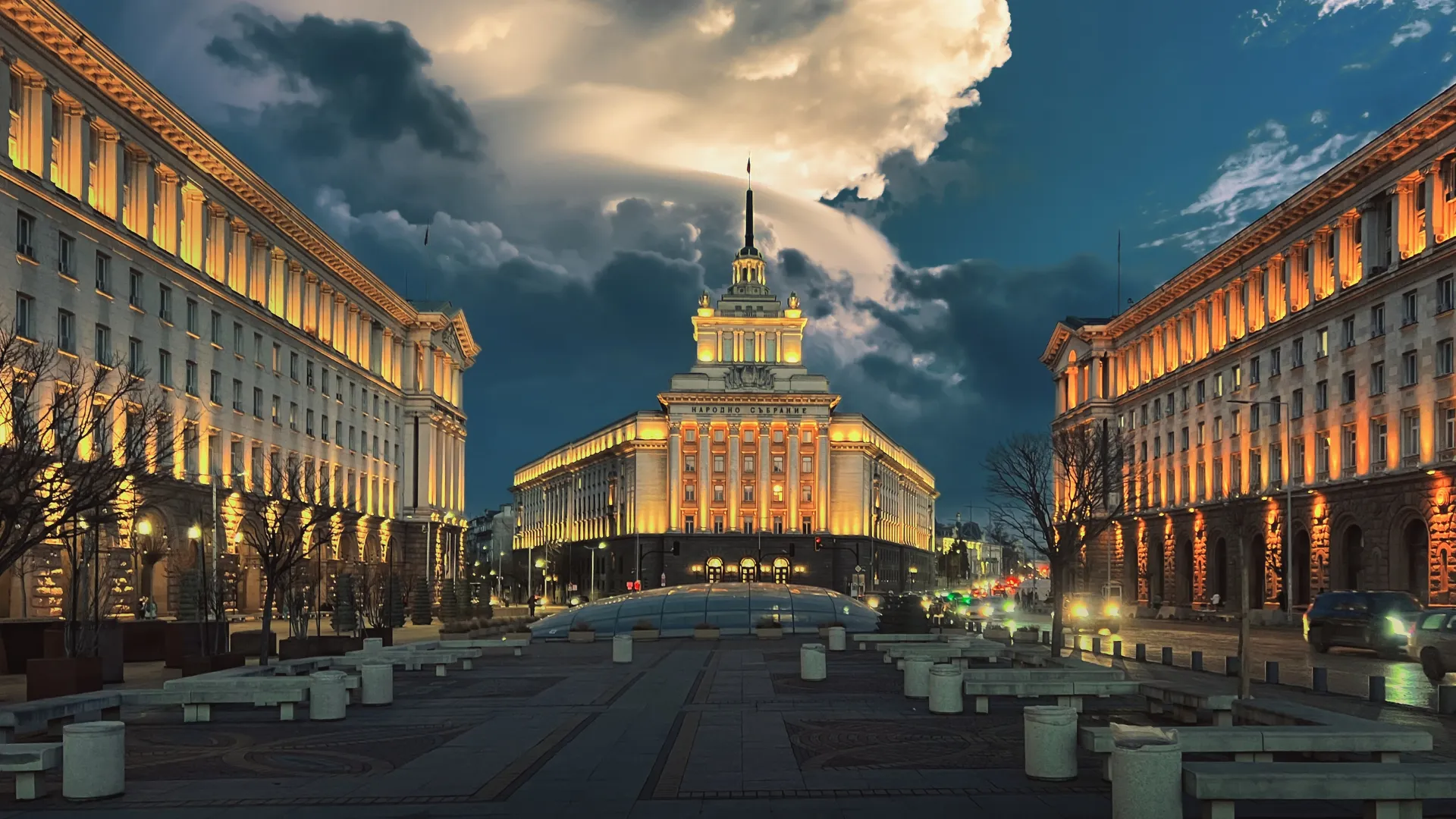The Fragmentation of Bulgaria’s Party System and Its Long-Term Consequences

Bulgaria’s political landscape, once dominated by a bipolar contest between the Bulgarian Socialist Party (BSP) and the center-right Union of Democratic Forces (SDS) in the early post-communist years, has splintered into a kaleidoscope of transient parties, ad-hoc coalitions, and recurring snap elections. Since 2021, the country has held seven parliamentary elections in just four years, producing governments that collapse within months. This hyper-fragmentation is not merely a procedural quirk; it reflects deep structural weaknesses in the party system, erodes institutional capacity, and undermines public faith in democracy itself. This article examines the drivers of fragmentation—historical legacies, institutional design, socioeconomic dislocation, and media dynamics—before analyzing the rise of ephemeral coalitions, the onset of voter fatigue, and the cascading effects on governance, reform implementation, and trust in the state.
Historical Roots of Instability
The seeds of today’s fragmentation were sown during Bulgaria’s transition from communism in 1989–1991. Unlike Poland or Hungary, where anti-communist movements coalesced around broad umbrella organizations, Bulgaria’s opposition remained diffuse. The SDS, formed as a loose alliance of sixteen groups, disintegrated by 1991 over ideological and personal disputes. The BSP, heir to the Communist Party, retained organizational cohesion but lost legitimacy as economic hardship mounted. Early governments alternated between socialist “caretaker” administrations and short-lived SDS-led cabinets, setting a precedent for instability.
The 1996–1997 hyperinflation crisis discredited both major parties and opened space for populist entrants. The National Movement Simeon II (NDSV), led by the former king, swept to power in 2001 on an anti-corruption platform but collapsed by 2005, having achieved little beyond personnel turnover. Subsequent elections produced hung parliaments, forcing uneasy coalitions between ideologically incompatible partners. The 2009–2013 period under Boyko Borissov’s GERB party offered a brief interlude of relative stability, yet even this was punctuated by mass protests in 2013 over oligarchic capture and state weakness.
Thus, fragmentation is not a recent aberration but a cumulative outcome of unresolved transitional conflicts. Parties have failed to institutionalize as stable vehicles of interest aggregation, instead functioning as personalist or clientelist networks.
Institutional Incentives for Proliferation
Bulgaria’s electoral system exacerbates fragmentation. The country uses proportional representation (PR) with a 4 percent national threshold and 31 multi-member districts. While PR is intended to ensure inclusivity, the low threshold—combined with the absence of preferential voting or strong regional lists—encourages splinter groups. A party needs only about 120,000 votes nationwide to enter parliament, a figure achievable by regional notables or protest movements.
The 240-seat National Assembly is elected for four-year terms, but early dissolution is frequent. Between 1990 and 2020, only three legislatures completed full terms. The constitution allows the president to appoint caretaker governments after failed coalition talks, further reducing incentives for compromise. Caretakers, though technically neutral, often pursue partisan agendas (e.g., anti-corruption probes targeting rivals), deepening mistrust.
Decentralized candidate selection compounds the problem. Local party branches, rather than national executives, dominate list compilation, enabling wealthy donors or municipal barons to buy influence. This produces parliaments filled with independents or micro-factions that defect at will. In the 49th National Assembly (April 2023–February 2024), fully 27 MPs switched groups mid-term.
Socioeconomic Dislocation and Protest Parties
Bulgaria’s economic trajectory since 1989—marked by deindustrialization, emigration, and inequality—fuels voter volatility. GDP per capita remains the EU’s lowest, and one-third of the workforce has emigrated since 2007. Rural areas and small towns, hollowed out by factory closures, provide fertile ground for anti-system candidates.
The 2020–2021 anti-corruption protests crystallized this discontent. Demonstrators targeted Borissov’s GERB for alleged ties to oligarchs such as Delyan Peevski. The protests birthed new parties: We Continue the Change (PP), a technocratic liberal formation led by Harvard-educated entrepreneurs Kiril Petkov and Asen Vasilev; Democratic Bulgaria (DB), an urban pro-European alliance; and There Is Such a People (ITN), a populist vehicle built around TV host Slavi Trifonov. None commanded more than 15 percent in polls, yet together they displaced the old duopoly.
These formations are ideologically amorphous. PP campaigns on rule-of-law rhetoric but avoids left-right positioning; ITN blends anti-vax skepticism with show-business flair. Their rise reflects not programmatic loyalty but episodic anger. Once in parliament, they fracture over patronage disputes—ITN quit the first PP-led government in June 2022 after just six months, citing disagreements over North Macedonia policy and fiscal allocations.
Media Fragmentation and Echo Chambers
Bulgaria ranks 91st in the 2024 Reporters Without Borders Press Freedom Index, the lowest in the EU. Oligarchic ownership concentrates media power: Peevski controls over 80 percent of print distribution, while public broadcaster BNT is accused of pro-government bias. Social media algorithms amplify outrage, enabling micro-parties to bypass traditional gatekeepers.
TikTok and Facebook have become primary campaign tools. In 2023, ITN spent over 60 percent of its budget on targeted ads, reaching younger voters disillusioned with linear TV. This digital splintering mirrors political fragmentation: voters inhabit parallel realities, making consensus elusive.
The Rise of Short-Lived Coalitions
Post-2021 governments illustrate the coalition conundrum. The first quadrilateral coalition (PP, BSP, ITN, DB) formed in December 2021 collapsed in June 2022 when ITN withdrew. A second PP-DB-GERB “grand coalition” in June 2023—uniting erstwhile enemies—lasted nine months before GERB pulled support over judicial reform disputes. Each collapse triggered caretaker rule, delaying EU fund absorption and NATO commitments.
Coalitions fail for three reasons. First, programmatic incompatibility: PP-DB prioritize anti-corruption purges, while GERB protects entrenched interests. Second, personal animosities: Borissov’s refusal to serve under Petkov precluded rotation agreements. Third, external pressure: Brussels withholds recovery funds until judicial benchmarks are met, yet coalitions lack time to legislate.
The June 2024 election produced another hung parliament, with GERB at 24 percent, PP-DB at 15 percent, and the pro-Russian Vazrazhdane surging to 14 percent. President Rumen Radev’s caretaker government, in power since August 2024, has postponed local elections and stalled Schengen accession, illustrating how instability begets further paralysis.
Voter Fatigue and Democratic Erosion
Repeated elections erode turnout. Participation fell from 67 percent in 1990 to 34 percent in April 2023—the lowest since democratization. Among youth (18–30), turnout hovers below 20 percent. Surveys by Alpha Research (2024) show 62 percent of respondents believe “all parties are the same,” while 57 percent agree that “elections change nothing.”
This apathy masks deeper alienation. Focus groups conducted by the Institute for Politics reveal voters perceive politics as a zero-sum game among elites. Emigration accelerates: 70,000 Bulgarians left in 2023 alone, many citing political dysfunction. The diaspora vote, once a liberal stronghold, has shrunk as expatriates disengage.
Low trust extends to institutions. The judiciary scores approval ratings below 15 percent; parliament fares little better. Eurobarometer data (Autumn 2024) place Bulgaria last in EU citizen satisfaction with democracy (22 percent).
Consequences for Governance
Fragmentation paralyzes executive capacity. Bulgaria has had eleven prime ministers since 2009, averaging nine months each. Ministerial turnover averages 60 percent per government, disrupting policy continuity. The Ministry of Finance has seen seven ministers since 2021, complicating negotiations with the European Commission over the Recovery and Resilience Facility (RRF). As of November 2025, Bulgaria has absorbed only 18 percent of its €6.2 billion allocation—worst in the EU—due to missed milestones on judicial reform and green transition.
Budget adoption illustrates gridlock. The 2023 state budget passed only in July, after six months of caretaker extensions. Public sector wages remained frozen, triggering strikes by teachers and healthcare workers. Infrastructure projects, such as the Hemus Highway, stall amid corruption probes that outlast governments.
Stalled Reforms and EU Integration
Judicial reform, a cornerstone of EU conditionality, exemplifies reform blockage. The 2020 Istanbul Convention ratification failed due to coalition splits over “gender ideology.” Anti-corruption legislation languishes: a 2023 bill to strengthen the Anti-Corruption Commission was watered down after GERB amendments. The Schengen accession, vetoed by Austria in 2022 over migration concerns, remains pending because successive governments cannot guarantee border security upgrades.
Energy policy is another casualty. Bulgaria’s reliance on Russian gas persisted until 2022; diversification efforts foundered when coalitions collapsed before LNG terminal contracts could be signed. The Panagyurishte coal phase-out plan, mandated by the EU’s Just Transition Fund, has been delayed four times.
Public Trust and the Risk of Authoritarian Backsliding
Chronic instability erodes the democratic social contract. When governments cannot deliver basic services—potholed roads, underfunded hospitals, corrupt tenders—citizens withdraw legitimacy. Populist actors exploit this vacuum. Vazrazhdane leader Kostadin Kostadinov openly praises Orbán’s Hungary and calls for referenda on euro adoption. Polls show 28 percent of voters now favor “a strong leader who doesn’t have to bother with parliament.”
The presidency has accrued disproportionate power. Radev, elected in 2016 and re-elected in 2021, uses caretaker appointments to shape the security apparatus. His refusal to sign EU-aligned decrees has delayed military aid to Ukraine, straining NATO cohesion.
Comparative Perspective
Bulgaria is not unique—Slovakia and Slovenia have experienced similar fragmentation—but context matters. Slovakia’s 2023 election produced a fragile Fico-led coalition, yet institutional safeguards (strong presidency, active civil society) mitigated collapse. Bulgaria lacks equivalent anchors: civil society is underfunded, and the Constitutional Court is politicized.
Pathways Forward—or Further Decline?
Reforming the electoral system could reduce fragmentation. Proposals include raising the threshold to 5 percent, introducing a nationwide compensatory tier, or adopting Germany’s mixed-member system. Yet such changes require the very parliamentary majority that fragmentation prevents.
Party finance reform offers another lever. Public funding is currently proportional to votes received, incentivizing splintering. A bonus for parties crossing 10 percent, coupled with stricter donation caps, could consolidate the field.
Civic education and media literacy campaigns might counteract apathy, but funding is scarce. The EU’s 2021–2027 cohesion envelope earmarks €120 million for democratic resilience, yet absorption again depends on stable governance.
Absent reform, Bulgaria risks a vicious cycle: fragmentation begets instability, which deepens disillusionment, fueling further fragmentation. The October 2025 election—already the eighth in five years—may produce yet another inconclusive result, pushing the country closer to quasi-presidential rule or populist rupture.
Final Assessment
Bulgaria’s party system fragmentation is a symptom of unresolved post-communist legacies, amplified by permissive institutions, economic despair, and digital echo chambers. Short-lived coalitions, voter fatigue, and governance paralysis are not transient phenomena but structural features with long-term costs: delayed EU integration, stalled development, and eroded democratic legitimacy. Reversing the trend demands constitutional engineering, party consolidation, and societal re-engagement—tasks that appear Herculean amid perpetual crisis. Without deliberate intervention, Bulgaria’s political mosaic will continue to splinter, diminishing the nation’s prospects within Europe and beyond.










